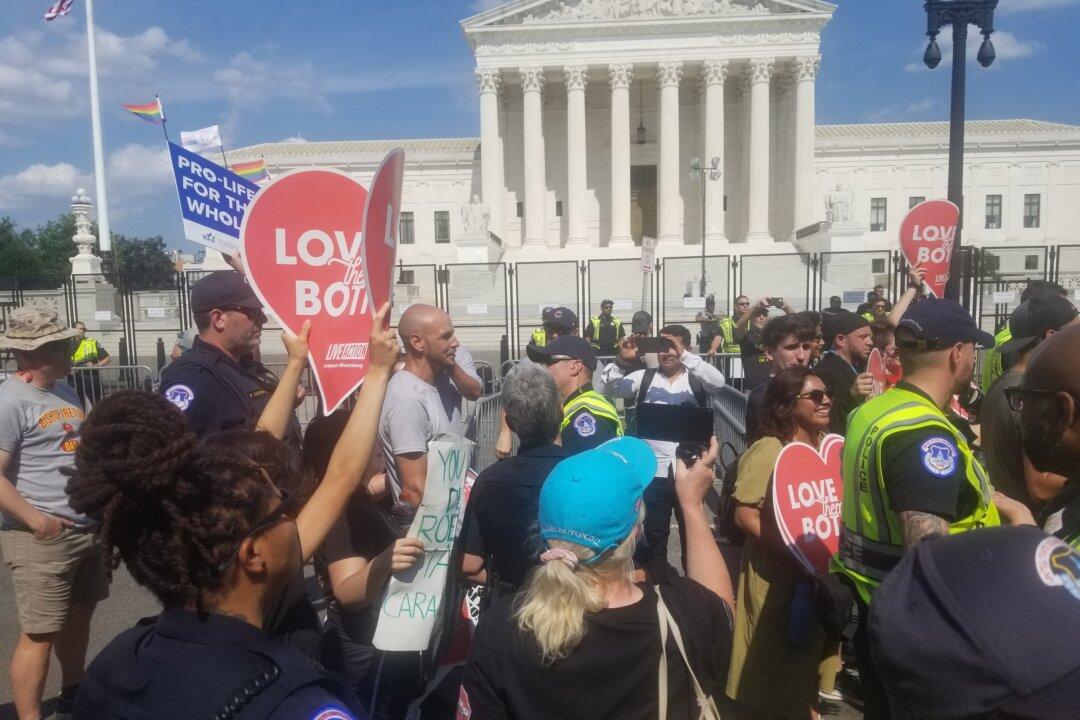The Supreme Court ended Roe v. Wade. But ending abortion will likely prove a far harder battle, pro-life leaders say.
Pro-choice groups have a wide range of tactics that could keep abortion accessible even in states that voted it illegal.

The Supreme Court ended Roe v. Wade. But ending abortion will likely prove a far harder battle, pro-life leaders say.
Pro-choice groups have a wide range of tactics that could keep abortion accessible even in states that voted it illegal.